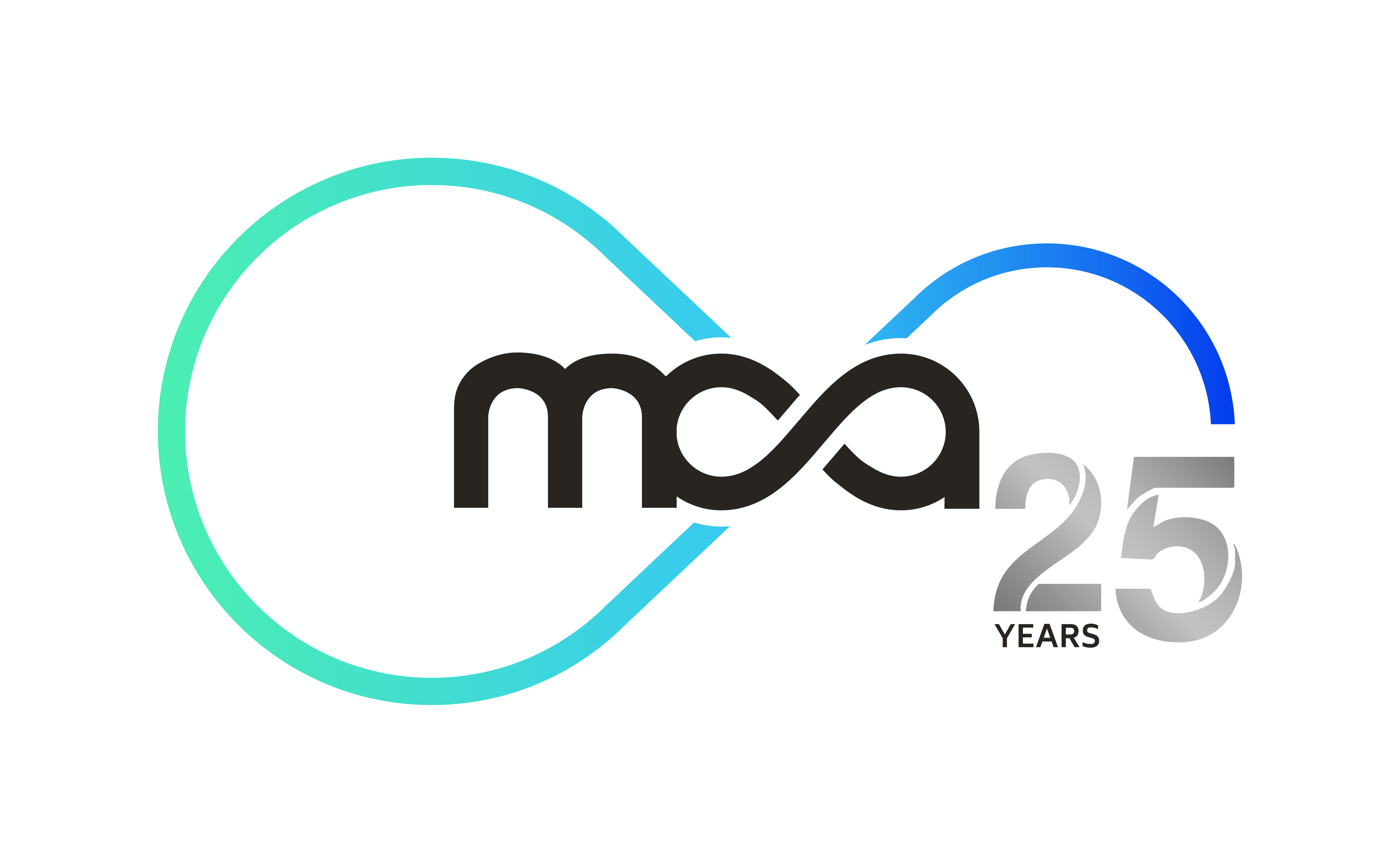Malta place in the 'Running Ahead' cluster of EU countries
This index is developed to assess the development of EU countries towards a digital economy and society and assesses five main indicators: Connectivity; Human Capital; Use of the Internet; Integration of Digital Technology; and Digital Technology and Digital Public Services.
Malta has registered growth across all these indicators to the extent that it has ranked amongst the ‘running ahead’ cluster of all EU countries, meaning that it has scored above the EU average and, more importantly, Malta’s overall score has grown faster than that of the EU as a whole. Other countries that have ranked similarly include countries such as Austria, Germany, Estonia and the Netherlands.
Commenting in this regard, Dr Edward Woods, Chairman at the Malta Communications Authority said that ‘Such a ranking is a reflection of our regulatory direction, of the continued investment by our local operators, as well the initiatives we continue to roll out in support of an ever-growing digital society.’
Malta is performing best in terms of connectivity. 100% of Maltese households are covered by fixed broadband with a minimum speed of 30Mbps, whilst take up of such services is ‘well above the EU average’, as confirmed by this Index.
In terms of human capital, that is, the number of citizens engaging with the Internet, Malta has improved its ranking by two places. The index shows that whilst only 52% of Maltese individuals have at least basic digital skills (EU average 55%), however ICT specialists have a relatively high share in the workforce at 4.6% when compared to the EU average of 3.7%.
With regard to the use of the Internet, Maltese users have continued to engage in a broad range of online activities. Despite the fact that a number of Maltese individuals having basic digital skills is slightly below the EU average, the level of engagement by the Maltese is higher than the EU average. Most interesting, however, is that Malta is outperforming the rest of the EU in terms of online banking and shopping.
On the business side, the index positively reports that ‘26% of enterprises use social media and the percentage of SMEs selling online to other EU member states is also high at 12%.’ On the downside however, ‘eCommerce represents only 4.2% of the turnover of SMEs and only 7.9% of enterprises use eInvoices.’
‘The national eCommerce strategy launched in 2014, which covers activities until 2020, is leaving its mark. We have kept up a stream of activities both on the consumer and business fronts, and these results are a confirmation that we are on the right track. This does not at all mean that our efforts stop here. The momentum garnered to date will continue well into the coming months if we are to sustain and improve on our achievements,’ said Dr Woods.





